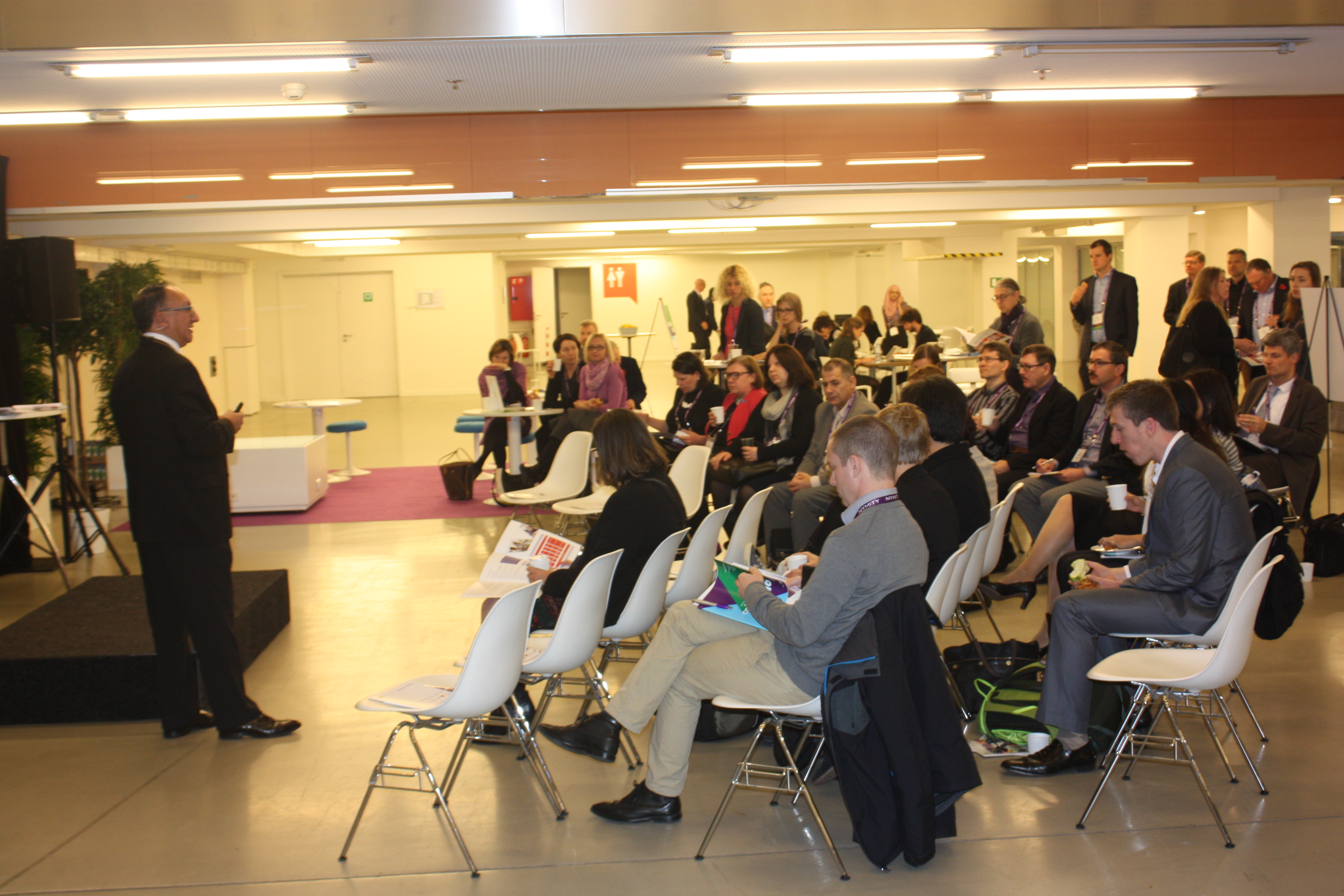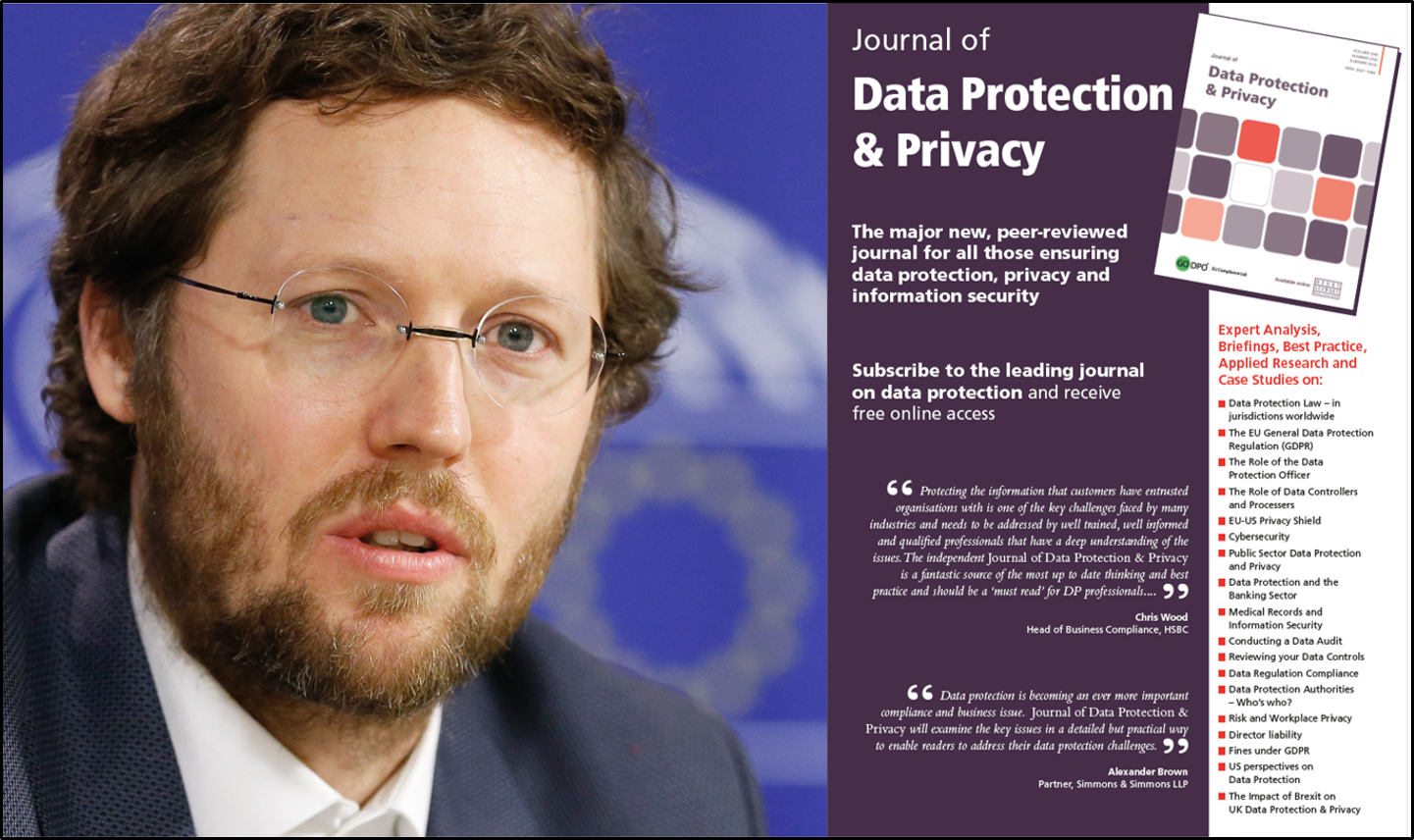 In its latest Opinion, adopted on the 8 June and published on 29 June 2017, the Art.29 Data Protection Working Party (WP29) makes a fresh assessment of the balance between legitimate interests of the employer and the reasonable privacy expectations of employees working within the European Union.
In its latest Opinion, adopted on the 8 June and published on 29 June 2017, the Art.29 Data Protection Working Party (WP29) makes a fresh assessment of the balance between legitimate interests of the employer and the reasonable privacy expectations of employees working within the European Union.
The concept of ‘employee’ is widened and includes those with a contract of service as well as contractors working under a contract for services. The Opinion is intended to cover all situations where there’s an employment relationship, irrespective of whether this relationship is based on an employment contract.
WP29 also highlighted the risks posed by new technologies deployed i...
Read More






















Recent Comments